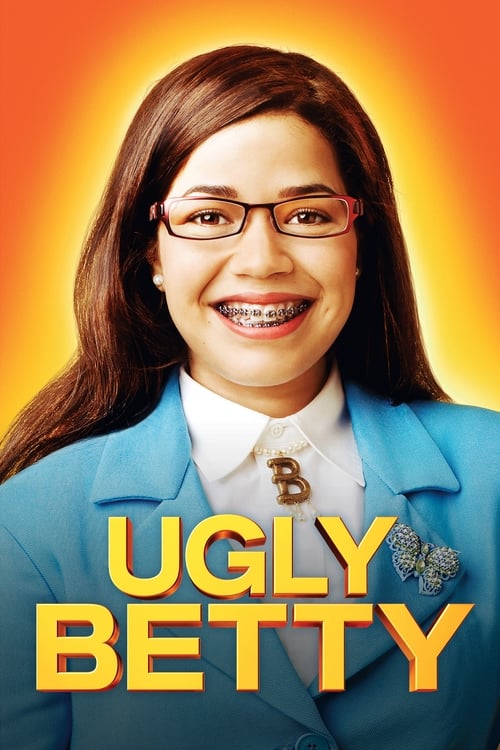
The Knife
We Share Our Mothers' Health
187
Lyrics
We came down from the north Blue hands and a torch Red wine and food for free A possibility We share our mothers' health It is what we've been dealt What's in it for me Fine Then I'll agree Trees there will be Apples, fruits maybe You know what I fear The end is always near Trees there will be Apples, fruits maybe You know what I feel The end is always near Say you like it Say you need it When you don't Looking better Shining brighter Than you do Say you like it Say you need it When you don't Looking better Shining brighter Than you do Say you like it (Trees there will be) Say you need it (Apples, fruits maybe) When you don't (You know what I fear) The end is always near Looking better (Trees there will be) Shining brighter (Apples, fruits maybe) Than you do (You know what I see) The end is always near Say you like it (We came down from the north) Say you need it (Blue hands and a torch) When you don't (Red wine and food for free) (A possibility) Looking better (We share our mothers' health) Shining brighter (It is what we've been dealt) Than you do (What's in it for me) (Fine, then I'll agree) Say you like it (Trees there will be) Say you need it (Apples, fruits maybe) When you don't (You know what I fear) The end is always near Looking better (Trees there will be) Shining brighter (Apples, fruits maybe) Than you do (You know what I feel) The end is always near
About
"We Share Our Mothers' Health" is a captivating track from The Knife's acclaimed 2006 album "Silent Shout." The Swedish electronic duo, comprising siblings Karin Dreijer and Olof Dreijer, masterfully combines pulsating beats, electronic flourishes, and haunting vocals to create a song that delves into themes of existentialism, inheritance, and the human condition. With its vivid imagery, the song is an aural journey through contrasting landscapes, perhaps symbolic of the internal conflicts we experience. Known for its cryptic lyrics and unique soundscapes, the song remains one of the standout tracks in The Knife's discography, continuing to intrigue listeners more than a decade after its release.
More songs from The Knife
SongInfo
Release Year
-
Genres
Electric
Electro
Moods
-
Vocals
-







